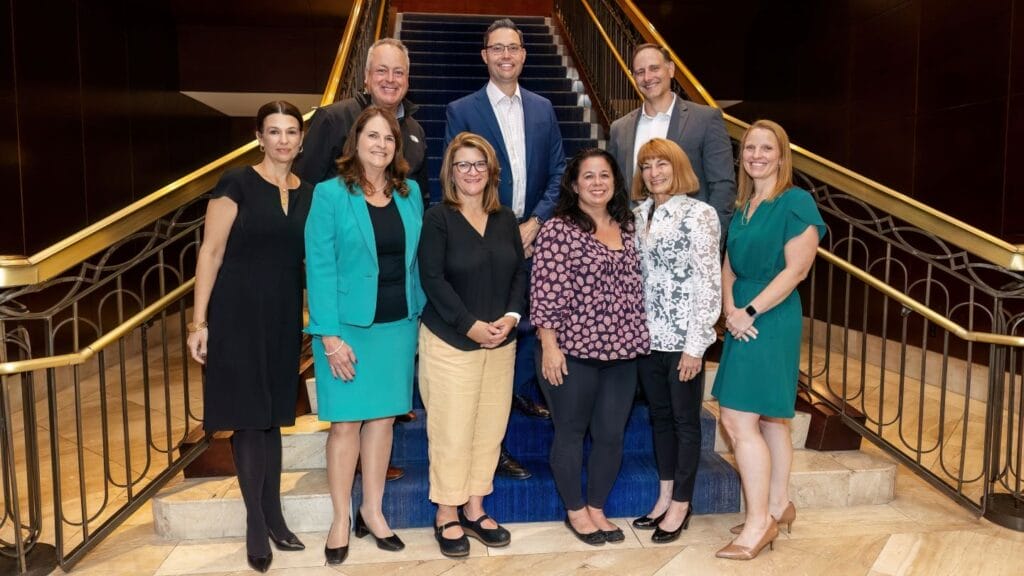
The Montessori Inspired Lifestyle is, first and foremost, a person-centered approach to life. Based on the fundamental human values of respect, dignity, equality and trust it can be applied to any setting and to all persons.
In the case of memory care, this translates into creating what we call “resident-driven” communities. In such a model, residents retain control of their day-to-day existence. For example, residents choose where they would like to go for outings, how to greet new residents and integrate them into their community, what they would like for entertainment, what social causes to support, what rituals to perform when a resident passes away, what activities they prefer and on what schedule, etc. Residents help prepare meals, clean up after meals, take care of their environments, lead activities for other residents, and care for each other.
This is done through adopting a rehabilitation model of care, rather than a medical model. In a rehabilitation model, the capabilities of the person are emphasized rather than deficits. It is assumed that persons with dementia are normal individuals with some cognitive disabilities. As a result, they are not considered to be “mentally ill patients” who must be “treated” through medical intervention for their “disease.”
Instead, the role of care partners becomes one of fostering as much independence as possible, through creating physical and social environments to enable persons to circumvent their deficits as well as to regain capacities lost due to exposure to toxic social environments (which produce excess deficit.) The capacity of persons with dementia to learn, and the techniques which enable new learning to take place in these persons, is a distinguishing feature of this model.
The Montessori Inspired Lifestyle requires a shift in the fundamental assumptions about the role of care partners and the roles residents will have within their communities. Owners, executives, managers, line staff, families and residents themselves must undergo a change in perspective. Rather than a hospital or hotel model, the Montessori Inspired Lifestyle approach is based on a model of a home.
What do persons with dementia want? The key word in that sentence is “persons.” Most persons with dementia want what persons without dementia want – to live in a home surrounded by their things, to have a reason to get out of bed and to look forward to the day, to know their neighbors and to be called by name by them, to be part of a community that is connected to the outside world, and to have meaningful roles that enable them to feel fulfilled and to be of service to others.
It is easy to create dependence, and to do so out of love. This is seen in a parent that does everything for their child. However, this does not necessarily provide a good life for the child or the parent. The same is true for all persons. No one wants to live in a hospital. People generally do not live in a hotel. You stay in a hotel until it is time to go home.
The memory care resident staying in a beautiful building who stands at the door of the residence and says “I want to go home” is expressing the same feeling that we get when we reach the end of a vacation. The best intervention for this situation is to make the place where that resident is living feel like a home.
In a Montessori Inspired Lifestyle® community, staff members are invited to take our Montessori Pledge. The first line of the pledge states “I will work to create a place where I would want to live.” We believe that this must become the industry standard for memory care neighborhoods. This is our mission.
Cameron J. Camp, PhD, is the Director of Research & Development at the Center for Applied Research in Dementia. With over three decades of dedication to the applied and translational research of gerontology, dementia intervention, and cognitive intervention, he has earned international renown for his work to improve the quality of life for persons with dementia and memory disorders.
Charles de Vilmorin is the CEO and co-founder of Linked Senior.
The opinions expressed in McKnight’s Long-Term Care News guest submissions are the author’s and are not necessarily those of McKnight’s Long-Term Care News or its editors.
Have a column idea? See our submission guidelines here.





